Georgia’s New Tax Legislation May Mean More Money in Your Pocket (In More Ways Than One)
The Peach State’s policy makers have been exceedingly busy over the past few months of 2022. The House and Senate leaders have spent endless hours writing, negotiating, and revising portions of Georgia’s income tax code. Two bills in particular will affect nearly all Georgians, delivering both short-term and long-term consequences. Those are HB 1302 and HB 1437.
House Bill 1302
HB 1302 provides a one-time tax refund for taxpayers who filed Georgia state income tax returns for 2020 and 2021. It is the result of a state revenue surplus for calendar year 2020. The refund amount will be based on the taxpayer’s filing status and the total tax amount reported on their 2020 Georgia state tax return (Form 500, Line 16). Maximum refund amounts are as follows:
- Single / Married Filing Separately: $250
- Head of Household: $375
- Married Filing Joint: $500
If a taxpayer’s tax liability reported on line 16 of their 2020 Form 500 is more than the amount listed above for their filing status, then they will receive the maximum refund amount. If a taxpayer’s tax liability reported on line 16 of their 2020 Form 500 is less than the amount listed above for their filing status, they will only receive a refund for the amount of their actual tax liability.
The Georgia Department of Revenue will attempt to include this “extra” one-time tax refund for 2020 when delivering 2021 tax refunds. For taxpayers whose 2021 tax refunds have already been issued or for taxpayers who owed money with their 2021 tax return, this one-time tax refund will be issued separately. Refunds will be delivered via direct deposit to taxpayers who included their bank information on their 2021 tax return. Alternatively, refunds will be issued via paper check to taxpayers who did not include their bank information on their 2021 tax return. In all scenarios, the refund will be issued automatically – absolutely no action is required on behalf of the taxpayer.
The Georgia Department of Revenue provides this FAQ page with additional guidance/information on the topic.
House Bill 1437
HB 1437 was passed in the final hour of the 2022 session in a 115-52 vote. This tax reform bill consolidates the state’s six marginal individual income tax brackets into one flat rate. Currently, the state’s maximum marginal tax bracket is 5.75%. This rate applies to single filers with taxable income in excess of $7,000, married filing joint and head of household filers with taxable income in excess of $10,000, and married filing separate taxpayers with taxable income in excess of $5,000. Beginning in 2024, the state will use a flat rate of 5.49% for all taxpayers. And then in 2029, the state will reduce it further to a flat rate of 4.99% for all taxpayers.
In addition to the change in tax rate, standard exemption amounts will also be increasing. For example, the standard exemption amount for single filers will eventually change from $2,700 to $12,000; for married taxpayers, this will increase from $7,400 to $24,000.
According to the House Ways and Means Charmain, Shaw Blackmon, “It’s simple, it’s fair, and it allows hardworking Georgians to keep more of their money.” But a similar viewpoint is not shared by all. According to Georgia Representative Jasmine Clark, “If we cut $1 billion from our budget, we’re going to have to cut education, we’re going to have to cut health care, we are going to have to cut mental health.” Furthermore, an analysis performed by the Georgia Budget & Policy Institute, which used modeling by the Institute on Taxation and Economic Policy, indicated that 62% of benefits would go to the top 20% of Georgia tax filers. It also showed that the top 1% of Georgia taxpayers earning more than $575K a year would get 18% of all benefits and the three million filers in the bottom 60% earning less than $64K a year would receive just 19% of benefits. This unequal distribution of benefits and the fact that this bill was pushed through in an election year seems arguably suspect.
Should you have additional questions, please contact Jeff Audi via e-mail at [email protected] or by telephone at 404-294-5917.









